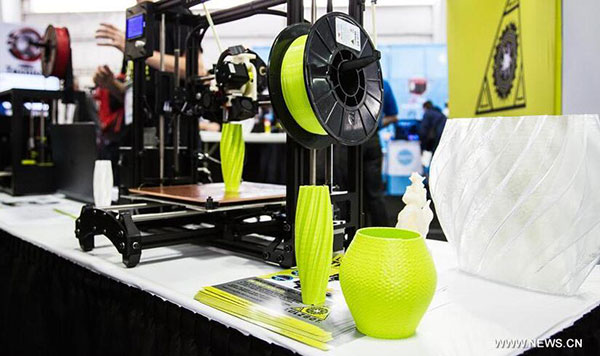Discussions with the EU on departure
The EU is always quick to point out that there will be discussions about the details of our departure, and these are different from the discussions about our future relationship. Some in the Commission fondly imagine they can make a meal of the former. There is even talk of presenting the UK with a large leaving bill! A few people write into this site to ask if we have to pay it. Of course we don’t.
There is nothing in the Treaty to provide for the calculation and presentation of a leaving bill. There is plenty in the Treaty to say the remaining member states need to have good relations with neighbouring countries in Europe. Presenting a big bill would be a violation of that part of the Treaty.
The truth is the UK has a share in a wide range of assets built up by the EU over the years we have been a member, including our small shareholding in the vast bond portfolio of the ECB, our share of the many expensive properties the EU institutions own and occupy and our share of the cash and other financial assets held by the EU. I doubt the EU will be totting them all up and wanting to send us our share. Our rights to those assets will be unenforceable once we leave.
Similarly, the EU has borrowed a lot of money whilst we have been members, to spend on itself and other countries in the Union. There is no enforceable claim on us for any part of that debt after we have gone. If they send us a bill we will tell them we will not be paying it. If I resign from a club which has borrowed money and has a valuable club house, I immediately lose my stake in the property and end any responsibility for the debts. If just after I left the club they sell the clubhouse and distribute some cash to members I don’t get a share as a past member. The assets and the liabilities are assumed by the remaining members. When a new nation joins the EU it signs up to share in the present and future assets an liabilities for the duration of its membership.
Some in the EU seem to think we should be liable for the pensions of Euro officials who happen to live in the UK and are UK nationals. It is difficult to see the logic behind this. They acted as EU officials, as EU citizens, and swore an oath to the EU. No-one asked the UK to underwrite their pensions at the time they were accruing them. Surely the EU has to accept it incurred the debts and it needs to meet them. It is a pity it didn’t invest the money from the pension contributions at the time, because then there would be no future problem.
The UK will have to pay the pensions of all those UK civil servants who have been effectively working for the EU for many years putting in place all their regulations and directives in the UK. The UK promised to pay their pensions and we will keep that promise. I was pleased to see senior German politicians now talking about how they will need a trade deal with us to keep their exports flowing. This is an early sign of some realism returning to the continental debate.
